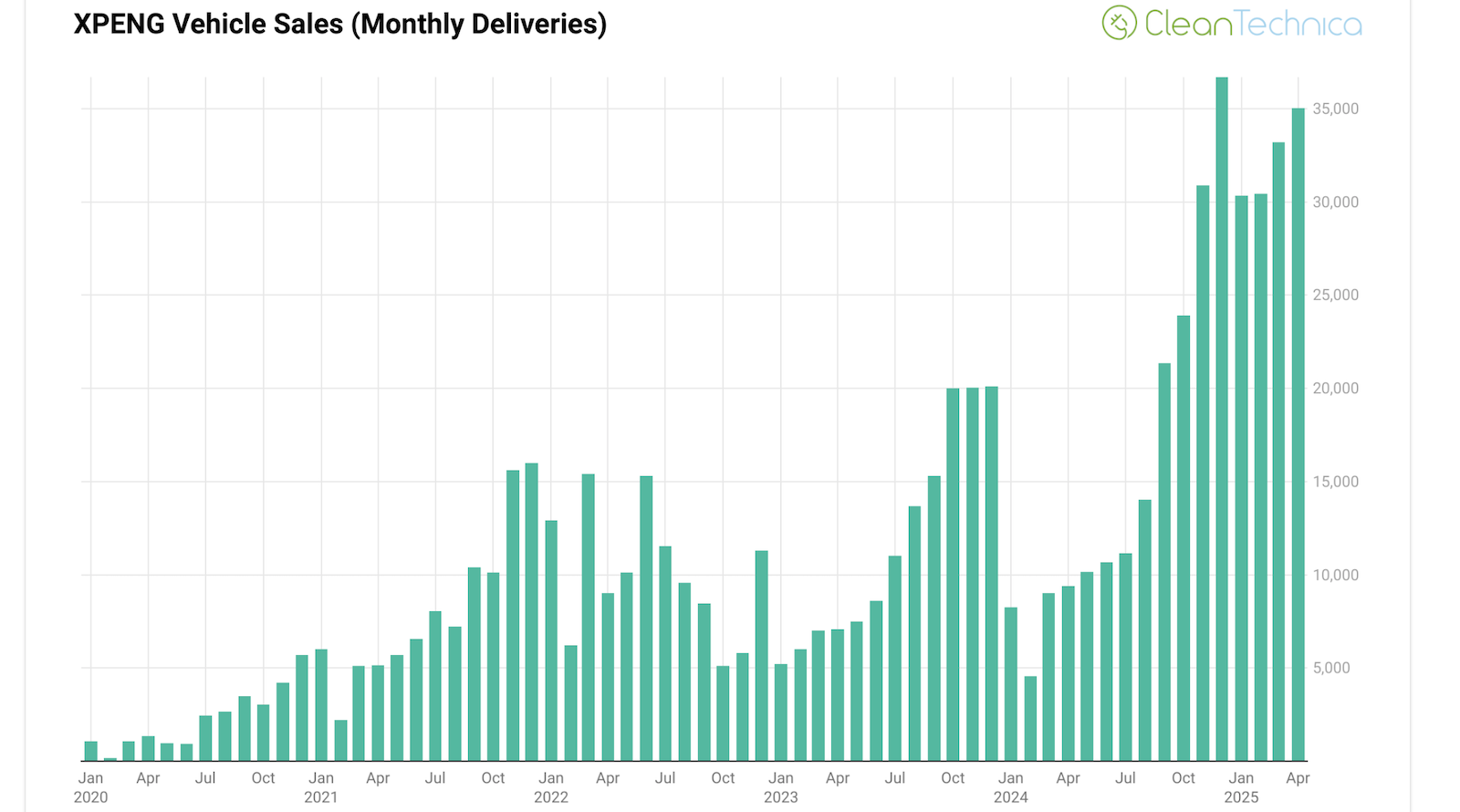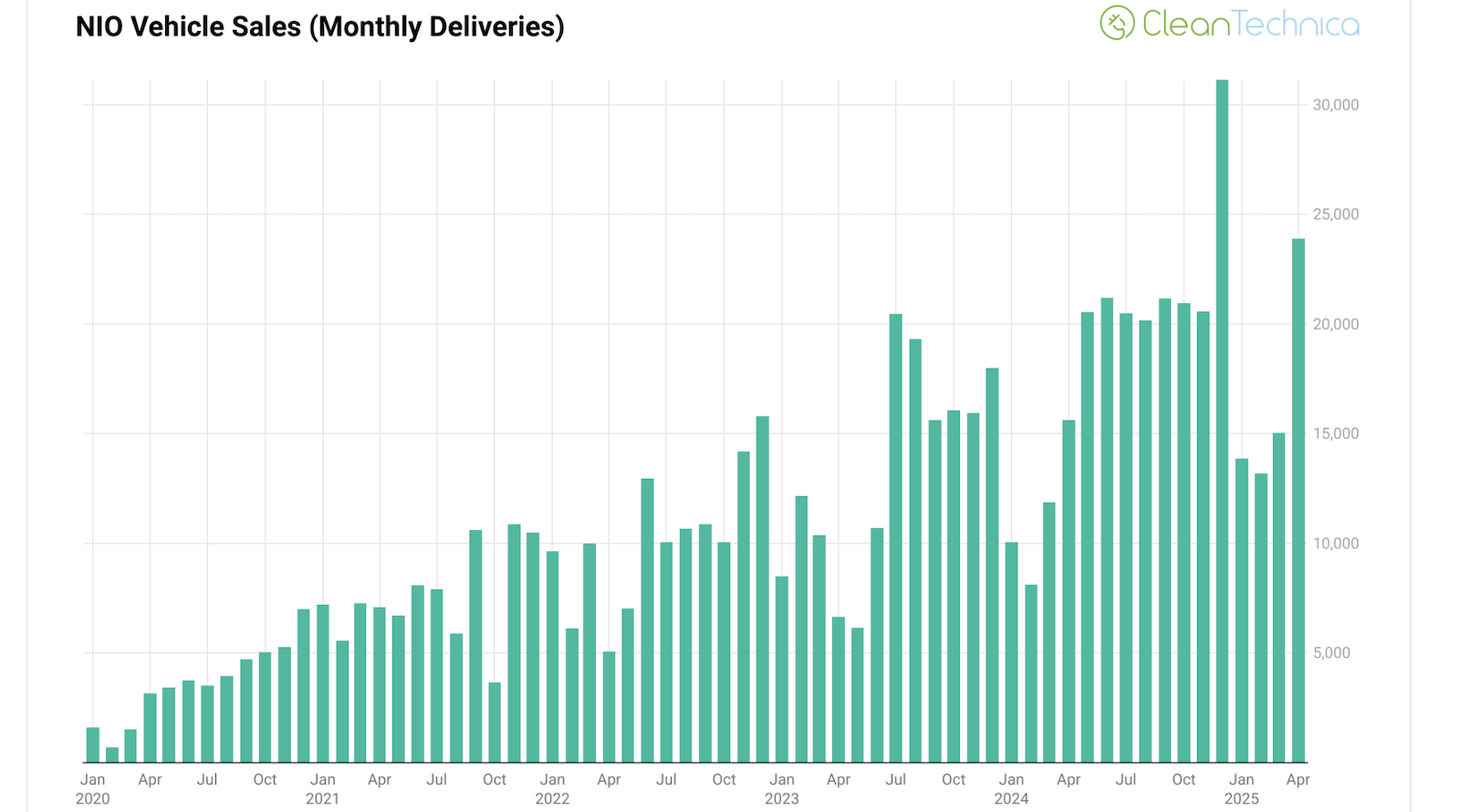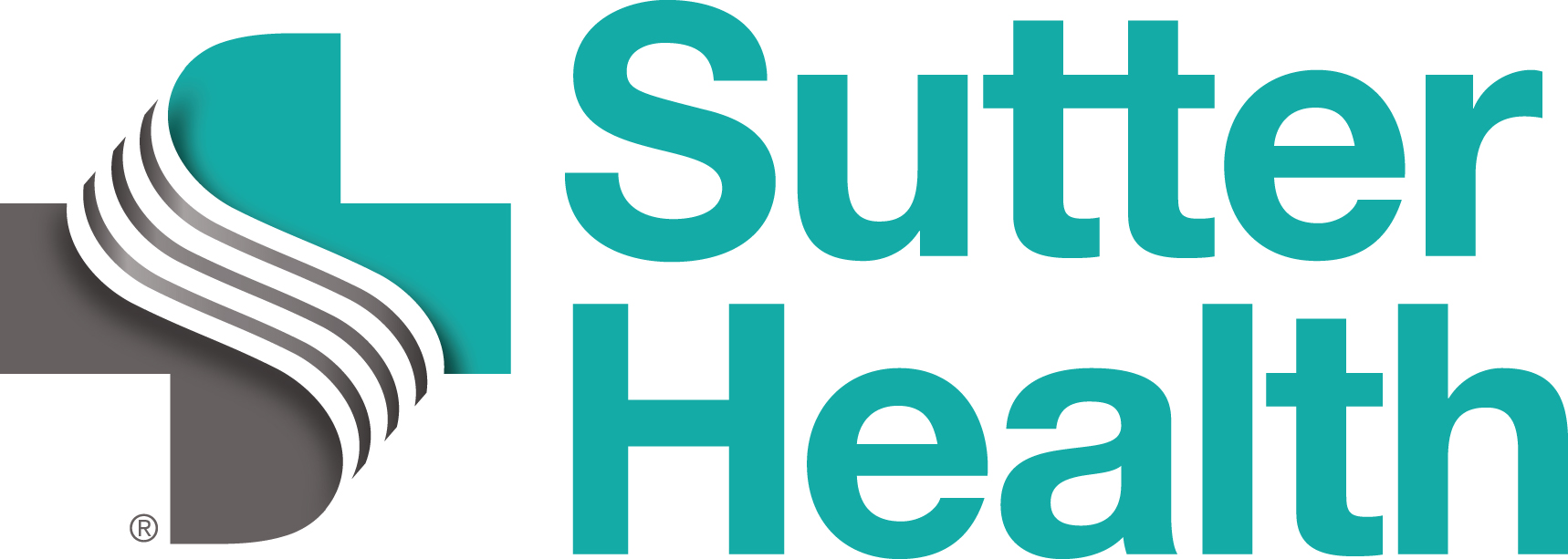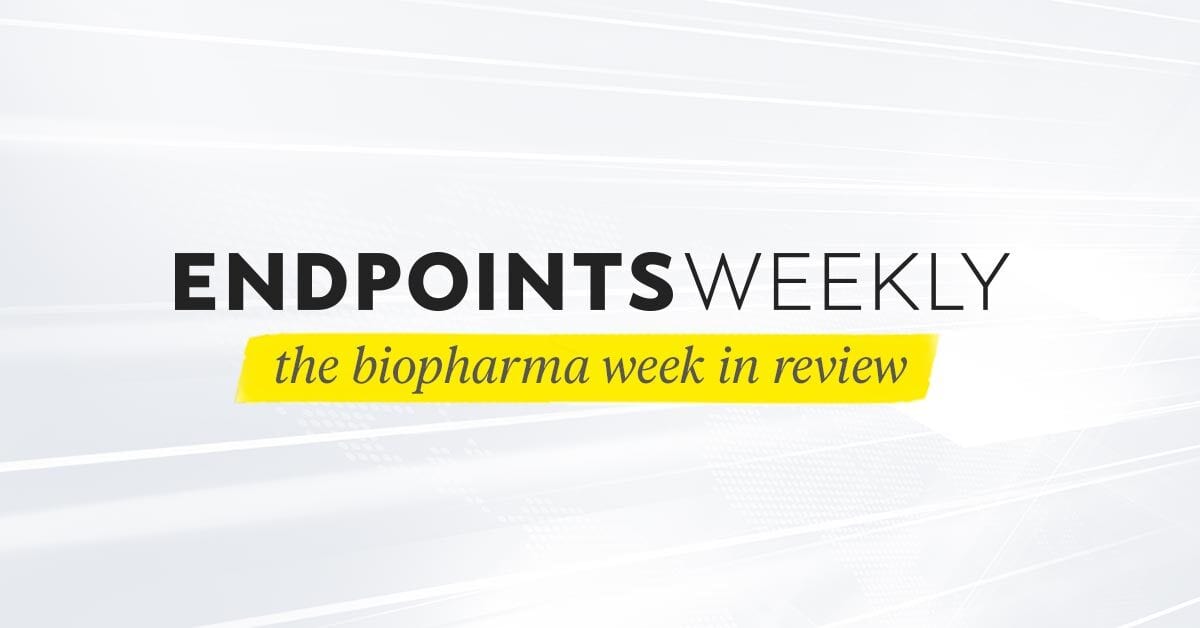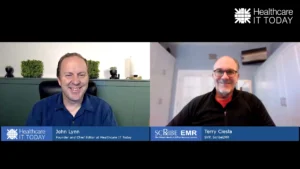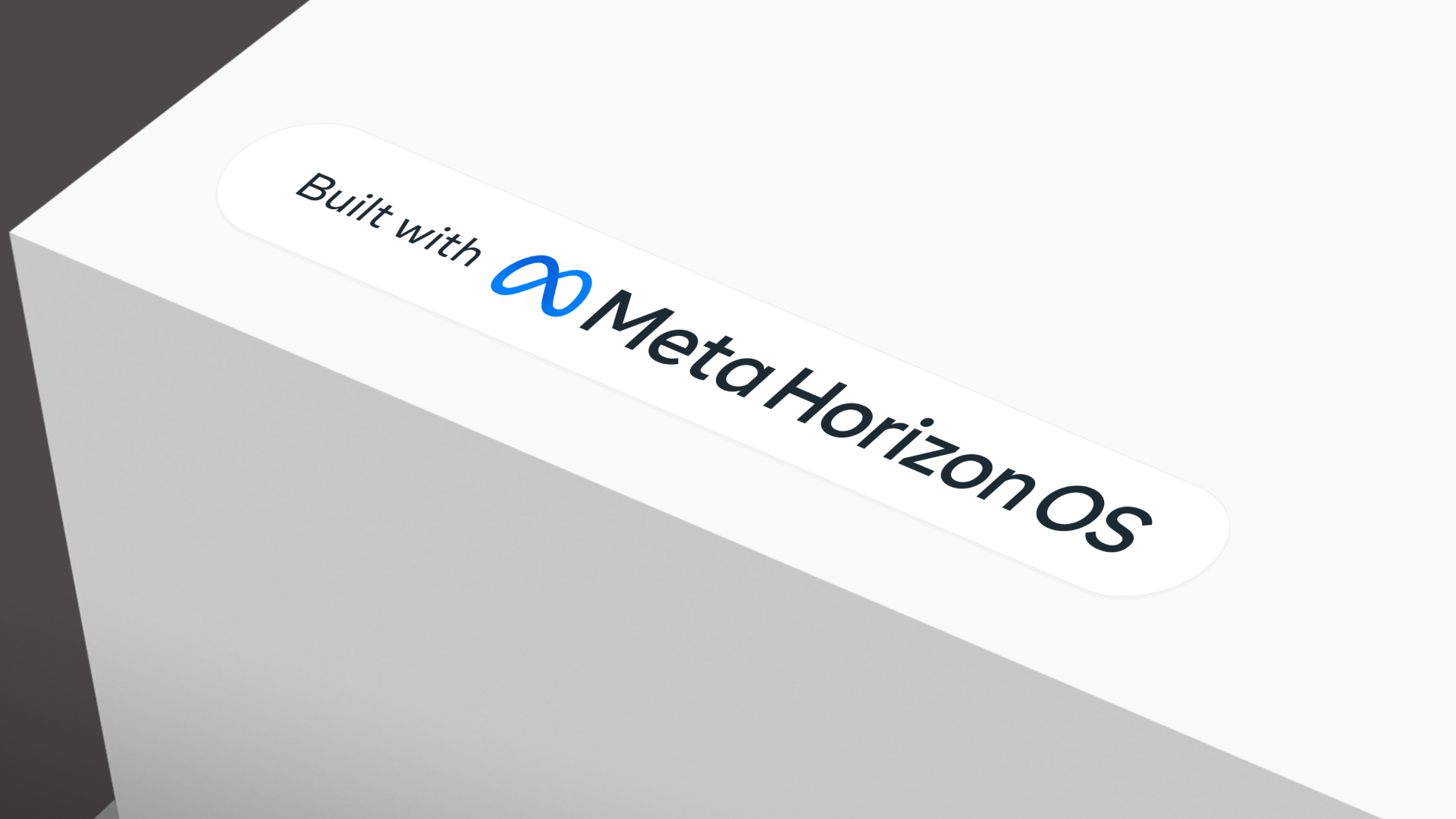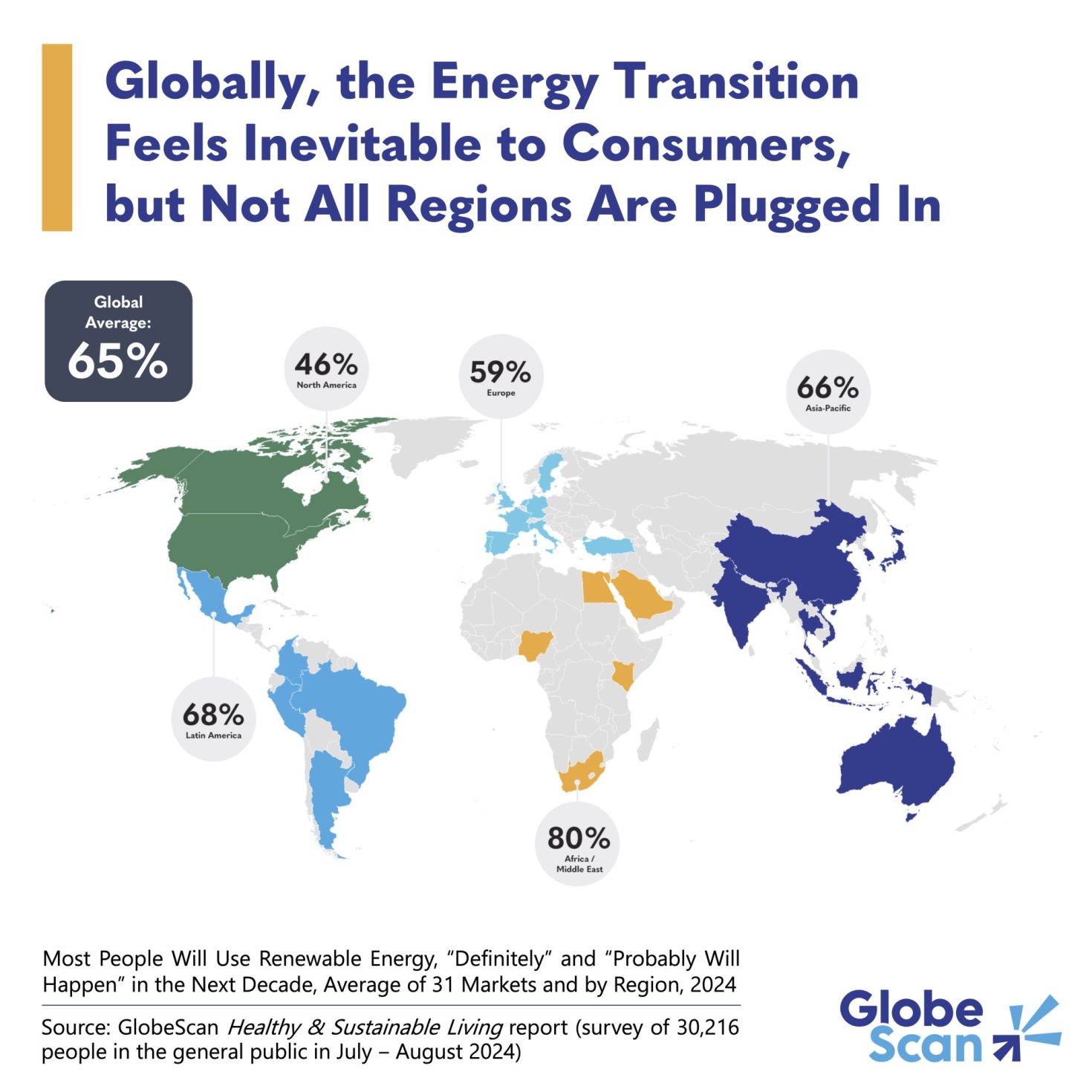KLAS Report: Which Health Analytics Vendors Deliver Results?
What You Should Know: – As healthcare organizations grapple with increasing amounts of data, turning that data into insights that drive real change remains a significant challenge. – A new report from KLAS Research, “Data & Analytics Platforms 2025,” reveals that while advanced platform capabilities are important, proactive vendor support is even more critical for ... Read More
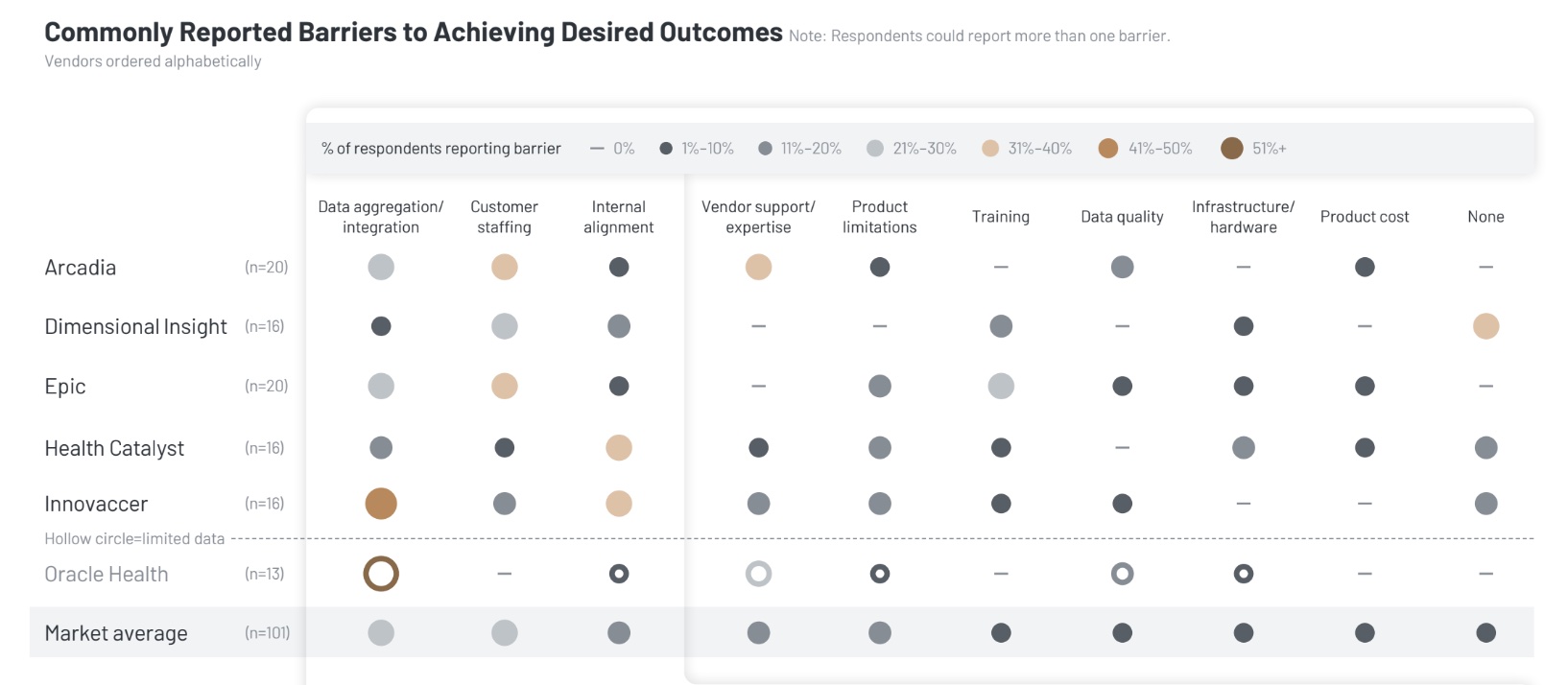
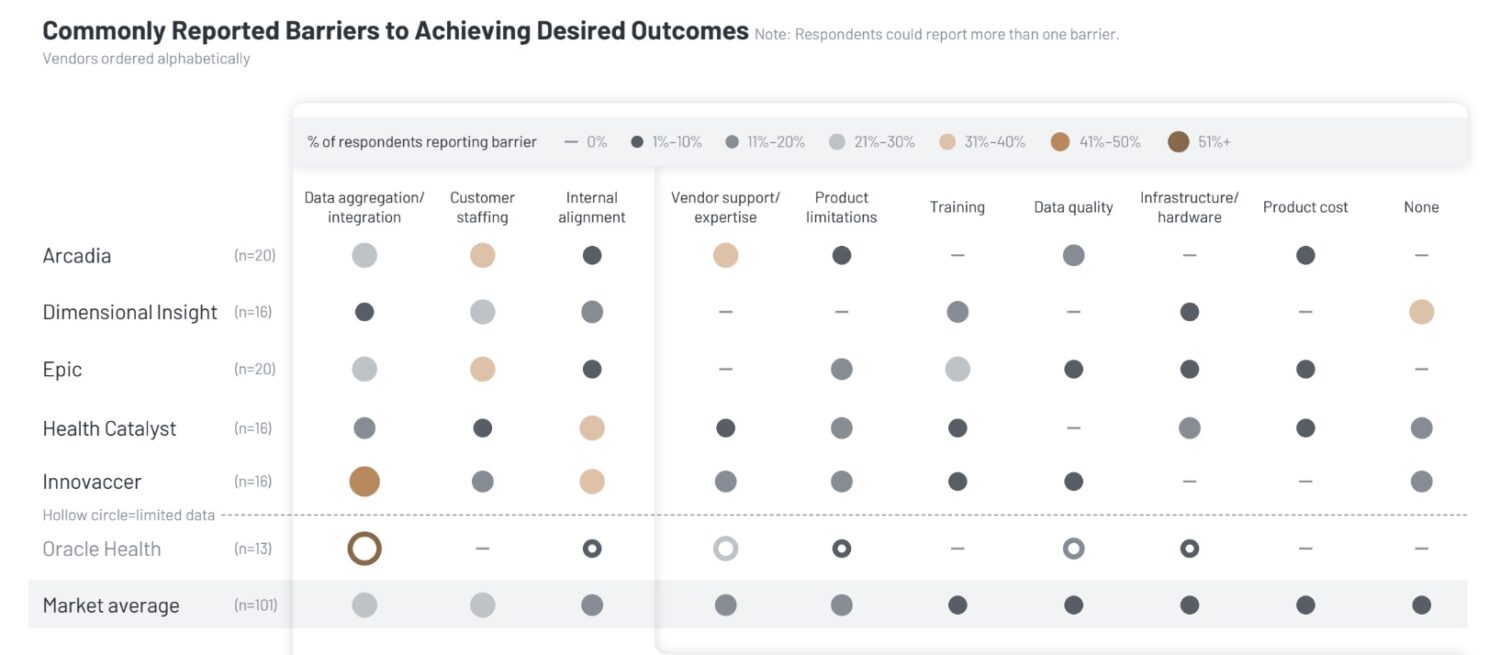
What You Should Know:
– As healthcare organizations grapple with increasing amounts of data, turning that data into insights that drive real change remains a significant challenge.
– A new report from KLAS Research, “Data & Analytics Platforms 2025,” reveals that while advanced platform capabilities are important, proactive vendor support is even more critical for healthcare organizations to successfully operationalize analytics insights and achieve desired outcomes.
– The report evaluates how well vendors assist customers in improving operational efficiency, financial performance, and patient health outcomes through their platforms.
Vendor Support Outweighs Advanced Features for Success
The KLAS report emphasizes that simply having a platform with advanced capabilities (like AI model building, predictive analytics, or NLP ) isn’t enough. Healthcare organizations need vendors who act as proactive partners, helping them implement and act upon the insights generated by the analytics tools. The vendors most highly rated by their customers demonstrated strong support in this area.
Dimensional Insight, Innovaccer, Epic Lead in Customer Satisfaction & Support
According to customer feedback collected by KLAS, three vendors stood out for providing strong support and achieving high overall satisfaction:
- Dimensional Insight: Customers reported the highest overall satisfaction despite using, on average, the fewest advanced capabilities. They also reported the fewest barriers to achieving outcomes. Respondents highlighted Dimensional Insight as a responsive partner that understands their goals and guides them proactively.
- Innovaccer: Users of Innovaccer reported leveraging the highest number of advanced capabilities on average. They praised the platform’s ease of use and training, appreciated helpful vendor staff and accessible executives in operationalizing insights, and expressed excitement about recent technology releases like InNote.
- Epic: Known for high-quality support and a comprehensive ecosystem, Epic users view the company as a responsive partner helping them maximize platform use. While the platform (specifically Cogito components like Caboodle and SlicerDicer ) is seen as very capable, some find it difficult to learn, with training cited as the most common barrier for Epic users in this report.
Mixed Results and Challenges for Other Vendors
The report provided insights into other vendors as well:
- Arcadia: Customer satisfaction has improved due to vendor efforts in providing more proactive support. However, many customers still face barriers related to perceived lack of vendor expertise and staff turnover, slowing progress.
- Health Catalyst: While customers reported a strong history of success and responsive support, nearly one-third plan to leave, citing frustrations with data storage costs. Concerns were also raised about a perceived slowdown in new technology delivery and an unclear roadmap.
- Oracle Health: Users reported general dissatisfaction linked to lack of service, support, and communication. Despite difficulties using the platform, most plan to continue using it due to commitment to the Oracle Health EHR. Some noted a lack of operational context from vendor support as a barrier.
Internal Hurdles and Common Barriers
Beyond vendor performance, the report identified common internal challenges hindering organizations from achieving outcomes with their analytics platforms. Data aggregation and integration were most frequently mentioned, often stemming from internal difficulties in acquiring external data or coordinating across internal teams. Internal staffing limitations and challenges with organizational alignment were also commonly cited barriers.
Report Methodology
KLAS conducted interviews over the past 12 months with healthcare professionals using a standard quantitative evaluation focused on culture, loyalty, operations, product, relationship, and value. Supplemental questions addressed specific data types used, adoption of advanced capabilities, satisfaction with vendor support for operationalizing insights, and barriers encountered. KLAS notes that findings represent customer opinions and encourages organizations to use the report as part of their own due diligence.




